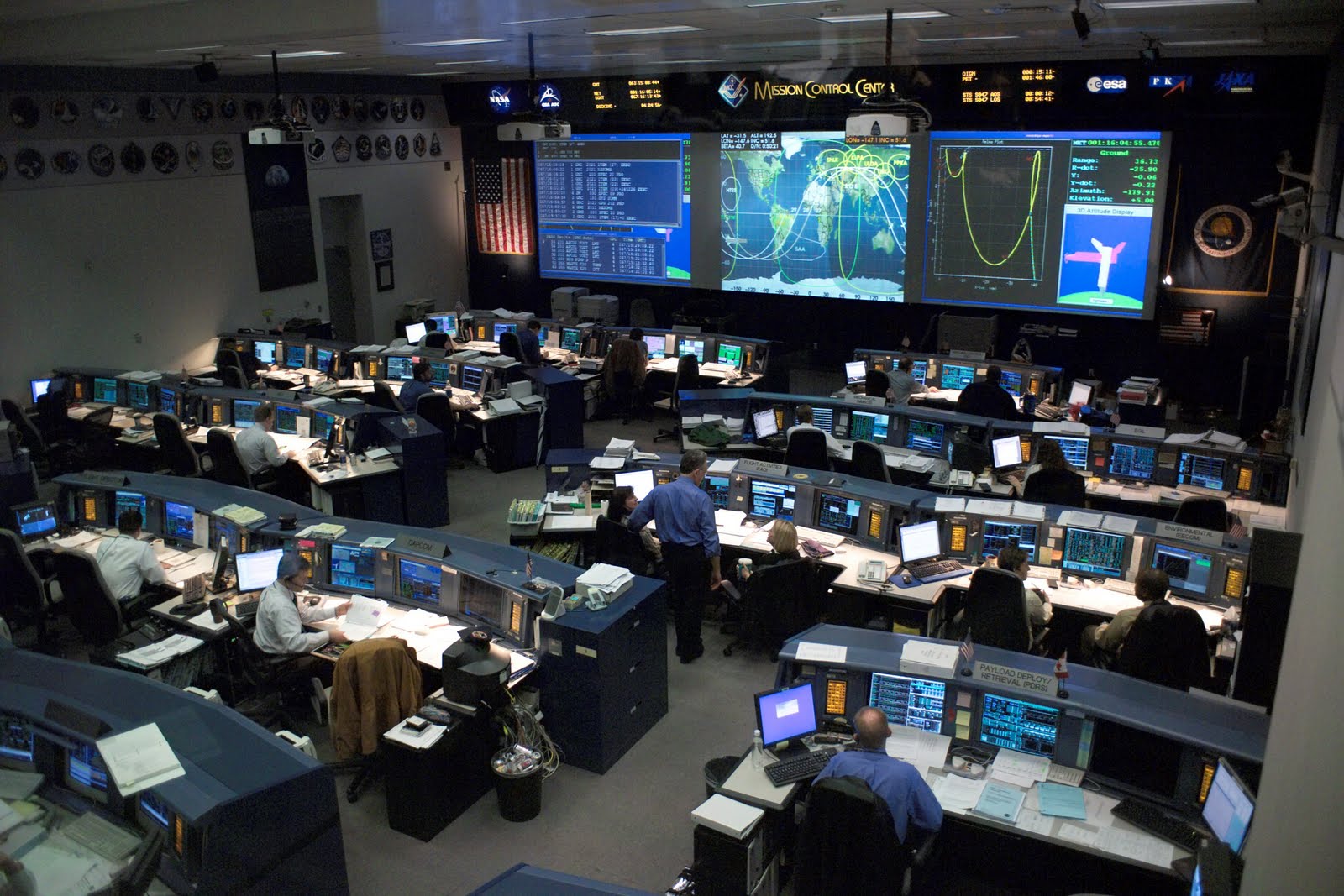I love a contrarian argument, and once upon a time I enjoyed Wall Street bonuses, so you can imagine my delight to receive in my inbox a link to a video from MinuteMBA[1] titled “In Defense of the Wall Street Bonus” yesterday.
The video is worth watching.
The video is also a great example of the difference between being smart and being wise. That difference comes down to “Can you ask the right questions?”
The folks behind “In Defense of the Wall Street Bonus,” ask the wrong questions.
The video sets out to answer the following wrong questions:
1. Are bonuses an appropriate mechanism for compensating Wall Street bankers, when compared to salaries?
They give the correct answer, which is “Yes.” Flexible compensation in the form of bonuses is the key to mitigating volatile profits streams inherent to Wall Street firms, as currently constituted.
2. Are there potential negative consequences to the economy to the regulation of Wall Street bonuses?
Again, they get the correct answer, which is “Yes.” More regulation = less employment, which leads to negative knock-on effects for finance-dependent economies like New York.
3. Are banker bonuses fair?
The narrator in the video makes a passing reference to the idea that Wall Street folks “might be overpaid,” and I share his ambivalent feeling about this.[2]
So far, so good, as these questions go.
Unfortunately, in the light of the 2008 bailouts of Wall Street firms, none of these three questions are the most important questions to ask about Wall Street bonuses.
A better series of questions with respect to Wall Street bonuses would go something like this:
1. Are Too-Big-To-Fail Banks actually private entities at all?
2. Are they instead systemically important and heavily subsidized corporations entrusted with the public welfare – akin to electric utilities, or Amtrak?
3. If they are heavily subsidized and systemically important, doesn’t it make sense that they would be heavily regulated to within an inch of their lives?
4. Just as we would expect with a public utility entrusted with the public welfare, doesn’t it make sense to limit the compensation of employees and executives, until such time as they make themselves systemically irrelevant?
I actually think that the Too-Big-To-Fail banks do serve a systemically important function. We do need them, and their sudden and messy disappearance would prompt a swift financial and societal crisis.
As a natural result of their importance, we taxpayers have a nearly unlimited liability[3] with respect to exposure to these systemically important institutions.
I’ve got no problem with taxpayer funds backstopping systemically important institutions at critical times, just like we pay for national defense, the FDA, the CDC, and NASA. Our big banks are important too.
What really has me snapping pencils[4] however, is to see Too-Big-To-Fail banks with a government guaranteed safety net paying bonuses to its employees, as if they are being run as private entities.
Guess what? As long as you know the government’s got your back, you’re not really private.
If you’re Too-Big-To-Fail, you’re Amtrak in my book.[5] None of you should get more than a few hundred thousand annually. And that’s being generous.
Now, before you accuse me of being a Communist, or a Wall Street hater, let me clarify.
I love private enterprise.
I applaud successful hedge fund managers, for example, and I do not begrudge their extraordinary compensation, provided they follow the rules[6] and manage capital for willing investors.
One of the keys to my applause, however, is my belief that any of those hedge funds could disappear tomorrow, as a result of a bad bet, misplaced customer funds, or a faulty computer algorithm, and no government entity will step up to save their bacon.
I long for the day when the employees of Wall Street banks can reap legitimate profits, if they deserve it, or similarly disappear without a whimper, if they deserve it.
If the Too-Big-To-Fail banks managed to break themselves into systemically irrelevant parts, I would have no problem with their executives paying themselves massive bonuses in good years. They’d have earned it.
But until that day, when they’re finally Too-Small-For-Bailouts, please don’t pretend that they’re anything more than a big NASA – a bunch of smart people in a big room full of flat screens, filling an important government-subsidized mission – working on the taxpayer’s dime.
[1] I’d never heard of them either, but the site looks intriguing.
[2] When I worked on Wall Street I certainly never felt overpaid. In fact I felt underpaid and pissed off about it most of the time. Just like everybody else. Alas, with the passage of time and some distance between Wall Street and me, it becomes easier to say, “Yeah, all those guys over there are overpaid.” So, yes, self-serving delusions are universal and an inescapable feature of the human condition.
[3] Ok, technically not unlimited. Neil Barofksy, aka SIGTARP, the Norse God of Financial Accountability, placed the public liability at the height of the bailout at $23.7 Trillion.
[4] Picture me scribbling these next few sentences long-hand with a stubby pencil bearing down too hard on a dirty notebook at some fluorescent-lit diner smelling like last month’s ham and swiss, and you’ll get a sense for how mad I get about this. Pretty much starkers.
[5] By the way, Jamie Dimon? You’re announcement this week that “You need us Big Banks” is another reminder that self-serving delusions are universal and an inescapable feature of the human condition.
[6] Which, of course, I have my doubts they all do, but that’s a longer story.
Post read (5585) times.

